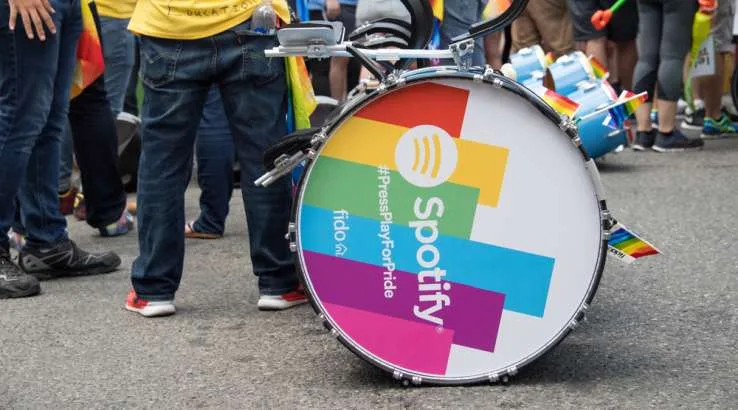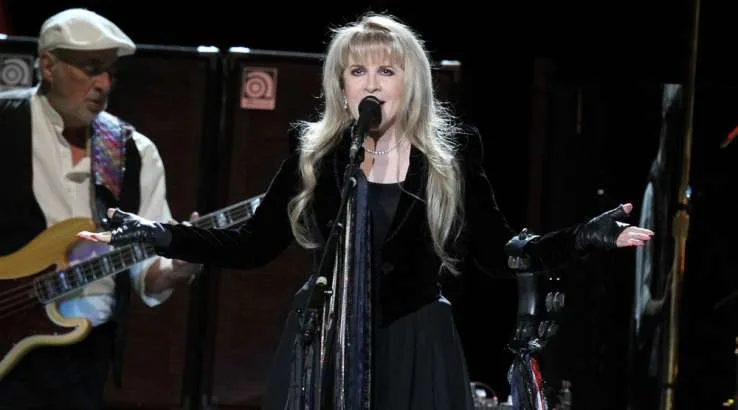Will Spotify’s float be stopped by a $2 billion lawsuit?

Claims that the music service doesn't have licences for 21% of its catalogue could pose a challenge.
The latest news about dominant music streaming service Spotify is that it is reportedly planning to list as a public company in the first quarter of this year. However, that news remains overshadowed by a lawsuit from a music publishing company seeking US$1.6 billion (around $2 billion in Australian dollars in today's rates). That could equate to up to 10% of the value of the company.
Wixen Music Publishing, which holds the publishing rights to songs by Tom Petty, Stevie Nicks, The Doors and many others, has sued Spotify. The essence of its argument is that Spotify has not obtained appropriate rights to those songs, but simply published them on its service in order to have a more appealing catalogue for consumers. According to Wixen's filing, up to 21% of Spotify's 30 million tracks in the US might not be appropriately licensed.
Much of what's happening here is about legal manoeuvring. Wixen is filing now to get in ahead of proposed law changes that would make that kind of claim more difficult. For its part, Spotify has argued in past cases that copyright licensing laws don't apply to streaming media in the same way. It's certainly true that much of the law in this area dates back to when the biggest revenue stream in music was sheet music, but that in itself doesn't seem sufficient basis not to seek out appropriate rights.

Stevie Nicks: lawsuit alleges some of her songs were nicked. Picture: JStone/Shutterstock
Underpinning all of this is a starker reality: music streaming services aren't profitable yet. Spotify is the biggest, and listing might help pay out its investors, but that doesn't mean it will actually make money. And this is the challenge faced by the entire industry: when consumers are paying, at most, around $12 a month for everything, you're simply not going to rake in the cash the way you did when you could charge that amount of money or more for a single album. Even allowing for the fact that physical music media has production costs, it just doesn't create such a big pit of money to draw from.
Revenue models changing is no surprise in the digital age, so the music industry will have to come to terms with it. A decade ago, individual digital track sales was big business, but now that market is collapsing and Apple, the dominant player, appears poised to make an exit. (Don't tell me the future is vinyl, by the way – that's a much-hyped but tiny market.)
By the time Amazon gets around to launching streaming music in Australia, it's possible everything will change again. Amazon and Apple at least can back up their loss-making music ventures with other lines of business. For Spotify, there's no clear alternative, and a $2 billion hole really doesn't help.
For a few more of my thoughts on what this might mean for the future of music streaming, check out an ABC News interview with me from earlier in the week below:
Tech writer @gusworldau talks to @suelannin about the $2 billion lawsuit facing @Spotify and its implications for music streaming in the future pic.twitter.com/2DL3pgTYG3
— ABC News (@abcnews) January 3, 2018
Angus Kidman's Findings column looks at new developments and research that help you save money, make wise decisions and enjoy your life more. It appears regularly on finder.com.au.
Latest news headlines
Picture: DayOwl/Shutterstock
